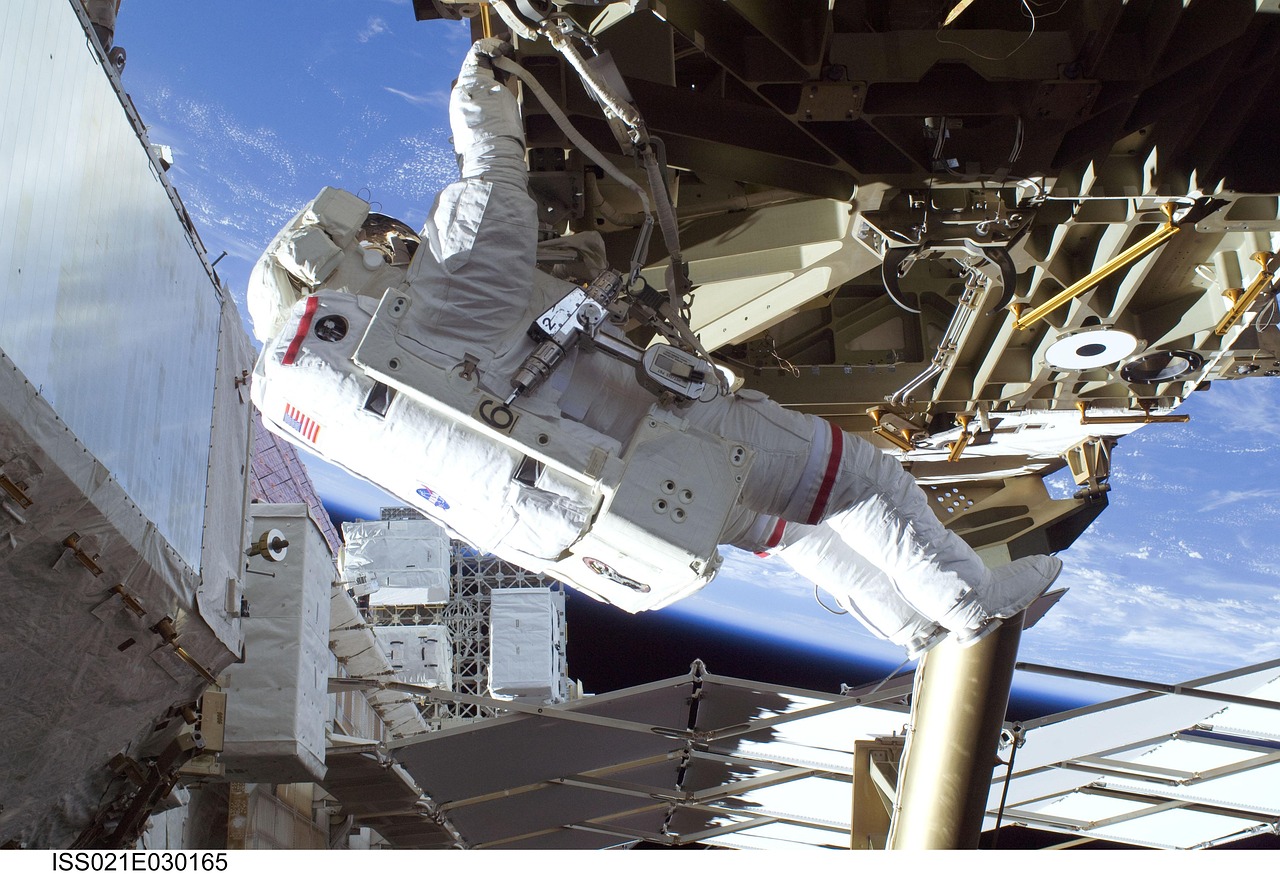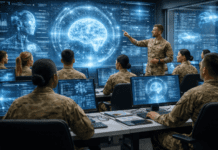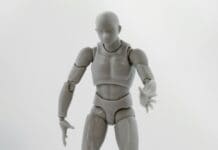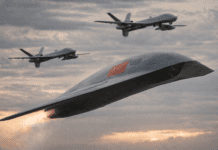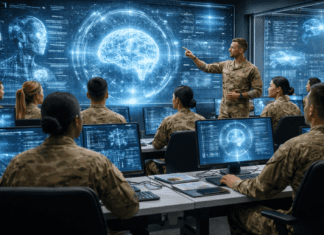This post is also available in:
 עברית (Hebrew)
עברית (Hebrew)
Spatial disorientation poses a great danger to astronauts and leads to them getting lost in space, but scientists have found that wearable devices that vibrate to give orientation cues could help with this problem and make spaceflight safer.
Lead author of the study Dr Vivekanand P Vimal explains that long-duration spaceflight can cause many physiological and psychological stressors which make astronauts very susceptible to getting lost in space. “When disoriented, an astronaut will no longer be able to rely on their own internal sensors, which they have depended on for their whole lives.”
According to Techxplore, the researchers used a sensory deprivation device to test the wearable devices in simulated spaceflight. Of the 30 recruited participants, 10 received training to balance in the rotation device, 10 received the vibrotactors, and the remaining participants received both. All participants were told how the device worked and were given a blindfold, earplugs, and white noise to listen to. Those with vibrotactile wearable devices had four strapped to each arm, which would buzz when they moved away from the balance point of the device.
The participants were asked after each block of trials to rate how disoriented they felt and how much they trusted the wearable devices- and nearly all of them reported that they trusted the vibrotactors, but also reported confusion from conflicts between their internal cues and the wearable devices.
The best performing group was the group with both the training and the vibrotactors, followed by the group with the vibrotactors, and at the last place and worst performing were the participants who only received the training.
Vimal concluded: “A pilot’s cognitive trust in this external device will most likely not be enough. Instead, the trust has to be at a deeper, almost sub-cognitive, level. To achieve this, specialized training will be required.”
There are many more possible applications for these devices if they succeed in more extensive trials, including helping astronauts land safely on the surface of a planet, or supporting them as they move outside a vehicle in space.


